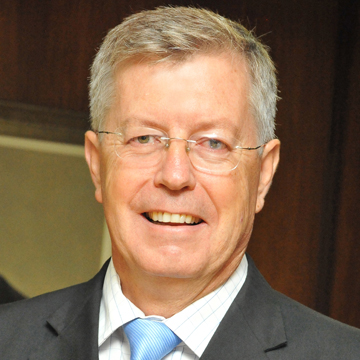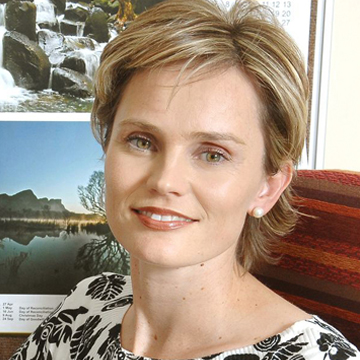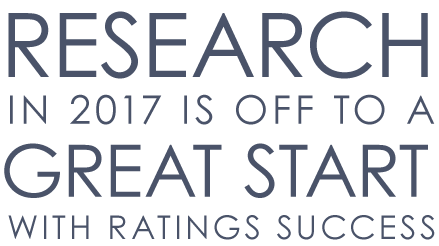
Twenty-four academics from the NWU received National Research Foundation (NRF) ratings for the first time in 2016, gaining recognition for their research outputs. Another 25 researchers with existing ratings successfully applied for rerating.
SCROLL DOWN
SCROLL DOWN
According to Prof Frikkie van Niekerk, deputy vice-chancellor for research, innovation and technology, the NWU encourages all staff members to participate in the NRF rating system as it is closely linked to their career development.
“The university must create and maintain an environment to support and continuously expand excellent research.”
He says these initiatives include the research entity system, which offers development trajectories for research entities, the support functions in the Research Support Office, funding support, postdoctoral programmes, postgraduate bursaries, staff development funds and research development opportunities within faculties, such as sabbaticals.

One of the NWU's B-rated researchers, Prof Alta Schutte, says the most important step that young researchers can take is to find a mentor to help them with career development.
“The NRF rating is essentially an evaluation of the success of a person's research career. It is important for any researcher to do thorough career planning with specific goals – preferably with the assistance of someone who already knows the process.”

WHO ARE OUR Newly rated NRF researchers?
WHO ARE OUR New re-evaluated NRF researchers?
HOVER OVER THE PHOTOS
Why NRF rating is important
BACK
These numbers may still grow, as we are awaiting the results of another four applications for new ratings and one for rerating.
These six-year ratings are valid as from January this year, with researchers having to apply for rerating in the sixth year to ensure rating continuity.
The newcomers include one C1-rated, six C2-rated, seven C3-rated, nine Y2-rated and one Y1-rated researcher. (See list). The researchers with C ratings have convinced reviewers that they are established researchers and that they already enjoy considerable international recognition for recent, high-quality research outputs.
The 10 Y-rated researchers are promising young researchers (40 years and younger) who held a doctorate or equivalent qualification for less than five years at the time of application, and who are recognised as having the potential to establish themselves as researchers in their fields, based on the quality and impact of their recent research outputs.
Researchers rerated
In addition to the new ratings, 25 researchers were rerated, and eight of these researchers have now received their new B ratings.
These B-rated researchers are recognised by their peers as internationally leading scholars for the high quality and impact of their recent research outputs.
They include Prof Stefan Ferreira from the Centre for Space Research on the Potchefstroom Campus (B1), Prof Albie van Dijk from the research focus area Human Metabolomics on the Potchefstroom Campus (B2), Prof Bertus van Rooy, acting director of the UPSET research focus area on the Vaal Triangle Campus (B2) and Dr Alexander Avdeenkov from the DST Hydrogen Infrastructure Centre of Competence on the Potchefstroom Campus (B2).
The other B-rated researchers are Prof Brian Harvey from the Centre of Excellence for Pharmaceutical Sciences (Pharmacen) on the Potchefstroom Campus (B2), Prof Alta Schutte from the Hypertension in Africa Research Team (HART) on the Potchefstroom Campus (B2), Prof Eno Ebenso, from Material Science Innovation and Modelling (MaSIM) and acting vice-rector for research and planning on the Mafikeng Campus (B3), and Prof Nico Smit from the Unit for Environmental Sciences and Management on the Potchefstroom Campus (B3).
The reratings also include three new C1 ratings, 10 new C2 ratings and four new C3 ratings (see list).
